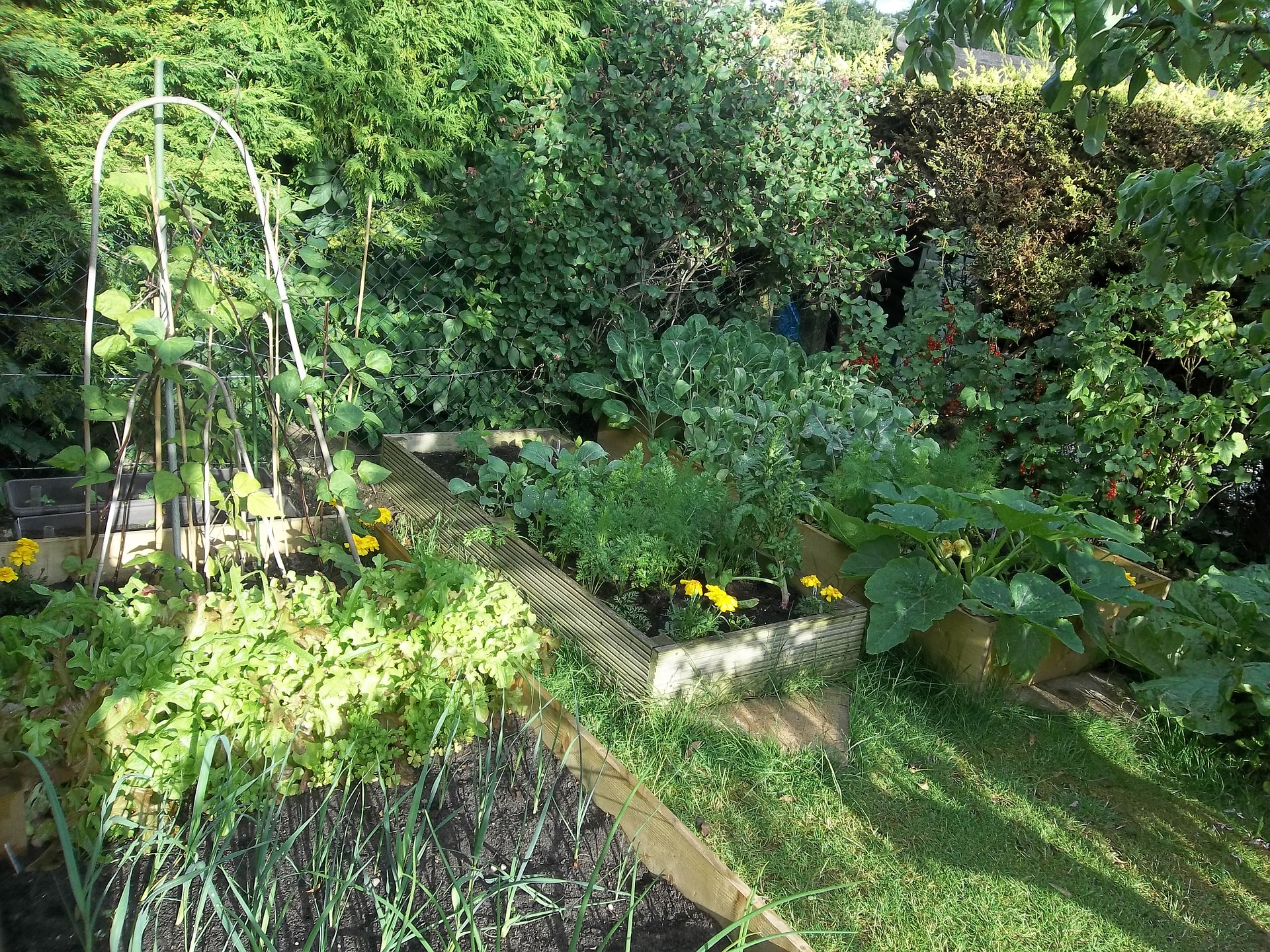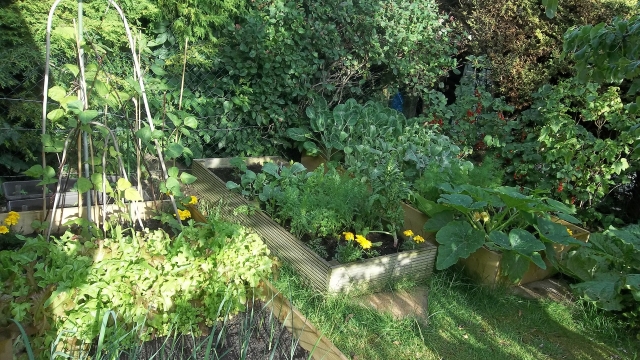
Organic gardening has become increasingly popular in recent years as people look for ways to live a more sustainable and environmentally-friendly lifestyle. By growing your own fruits, vegetables, and herbs, you not only have control over what goes into your food, but you also reduce your carbon footprint and contribute to a healthier planet. In this article, we will explore the secrets of organic gardening and how you can create a thriving garden right at your doorstep.
At the heart of organic gardening lies a commitment to working with nature rather than against it. It is about creating a harmonious ecosystem where plants, animals, and humans coexist in balance. One company that has embraced this philosophy is ‘Kellogg Garden’ Products, a family-owned and operated company whose roots run deep and span four generations. With their emphasis on organic and sustainable practices, they have become a trusted source for gardeners seeking high-quality products and expert advice.
In the following sections, we will delve into the principles of organic gardening, including soil health, natural pest control methods, companion planting, and the benefits of using organic fertilizers. Whether you are a seasoned gardener or just starting out, these insights will help you unlock the secrets to successfully growing your own food while nurturing the planet. So, roll up your sleeves, put on your gardening gloves, and let’s embark on a journey that takes us from soil to table, as we uncover the wonders of organic gardening.
The Benefits of Organic Gardening
Organic gardening is a practice that offers a range of benefits for both individuals and the environment. By avoiding the use of synthetic pesticides, fertilizers, and genetically modified organisms (GMOs), organic gardening promotes health and sustainability. This section will explore some of the key advantages of embracing organic gardening practices.
First and foremost, organic gardening prioritizes the health and well-being of individuals and their families. By growing fruits, vegetables, and herbs without the use of harmful chemicals, organic gardeners can be confident in the safety and quality of their produce. This means that the food they consume is free from potentially toxic residues and promotes better overall health.
Additionally, organic gardening supports biodiversity and helps protect the natural environment. By working with nature rather than against it, organic gardeners create habitats for beneficial insects, birds, and other wildlife. This, in turn, contributes to the preservation of delicate ecosystems and the overall balance of nature.
Another benefit of organic gardening is its positive impact on soil health. Through the use of organic matter such as compost and mulch, organic gardeners improve the structure and fertility of the soil. This results in healthier plants that are more resistant to pests and diseases and require fewer interventions to thrive. Furthermore, organic gardening practices help to reduce soil erosion, conserve water, and support the long-term sustainability of our land.
In conclusion, organic gardening offers numerous benefits that go beyond the mere act of cultivation. It promotes healthy lifestyles, protects the environment, and helps build resilient and sustainable communities. By embracing organic gardening practices, individuals can take an active role in shaping a greener, healthier future for ourselves and generations to come.
###Kellogg Garden: A Family Legacy
Kellogg Garden Products is not just any ordinary company. It is a family-owned and operated business, interwoven with deep-rooted legacies that extend across four generations. With a foundation built on the principles of organic gardening, Kellogg Garden Products has earned its name as a trusted leader in the industry.
Since its inception, Kellogg Garden Products has passionately embraced the values of sustainable farming and natural solutions. From seed to harvest, their commitment to organic gardening is engrained in every aspect of their operations. With a keen understanding of the importance of nourishing the soil to yield healthy, nutrient-rich produce, Kellogg Garden Products has consistently delivered exceptional results.
As a family-owned business, Kellogg Garden Products takes great pride in upholding the tradition of excellence passed down through the generations. Their unwavering dedication to quality and innovative practices has made them a prominent figure in the organic gardening community. With a strong sense of responsibility, Kellogg Garden Products continues to evolve and adapt to the ever-changing needs of modern gardening enthusiasts.
Throughout its history, Kellogg Garden Products has remained firmly rooted in its commitment to organic gardening. Through their unwavering dedication and tireless efforts, they have not only transformed the industry but have also inspired countless individuals to embrace the beauty and benefits of organic gardening. With each generation leaving its own mark on the legacy, Kellogg Garden Products continues to nurture and grow, ensuring a sustainable future for generations to come.
###Tips for Successful Organic Gardening
-
Healthy Soil is the Foundation
Organic gardening starts with nurturing the soil. Healthy soil is the foundation for successful plant growth. When preparing your garden beds, ensure that the soil is rich in organic matter. Compost, leaf mulch, and well-rotted manure are excellent choices to improve soil fertility. Avoid synthetic fertilizers and chemical additives, as they can harm beneficial organisms in the soil. -
Choose the Right Plants for Your Climate
Selecting the right plants for your climate is crucial for successful organic gardening. Different plants thrive in different environments, so it’s important to choose varieties that are well-suited to your specific region. Research which plants are native or adapted to your climate, as they are more likely to flourish without the need for excessive watering or chemical treatments. -
Implement Natural Pest Control Methods
One of the main principles of organic gardening is to minimize the use of pesticides. Instead, focus on implementing natural pest control methods. This can include companion planting, where certain plants are grown together to deter pests, or attracting beneficial insects, such as ladybugs and lacewings, that feed on common garden pests. Additionally, regular monitoring and early intervention can help prevent pest infestations from becoming severe.
Remember, organic gardening is a continuous learning process. Don’t be discouraged by challenges and setbacks. With patience, dedication, and a deep respect for nature, you can create a thriving organic garden that not only provides you with fresh, nutritious produce but also supports a healthier environment for all.

